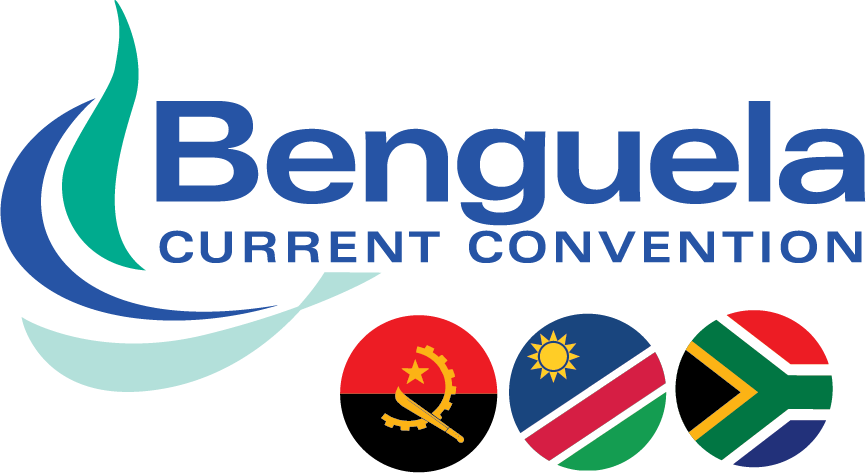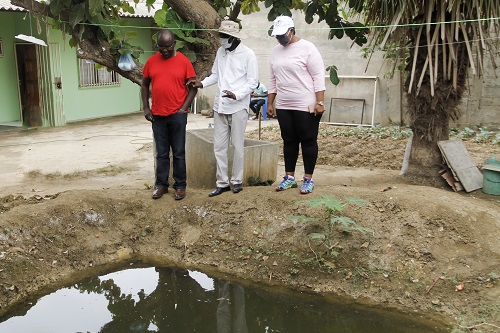
This initiative consists on installing tanks for fish farming and planting agricultural products, and does not require much space to function. “In this period in which people are in social isolation due to the coronavirus pandemic, populations are experiencing a lot of difficulties because they often have almost nothing to eat, so I thought about using the space I have to guarantee food production,” José Popov Coxi said.
In launching of this initiative, which was attended by representatives of the Ministry of Fisheries and Agriculture, the promoter presented a tank where he is breeding catfish and cacussos as well as the agricultural production space which, he explained, will have fishes in three months to be consumed as well as agricultural products. “It is also a way of supporting the fight against poverty, as this initiative can guarantee food, selling of the surplus and increase the families’ incomes”, José Popov Coxi explained.
The initial investment is not quite high, it is 50,000 Kwanzas, and, according to the initiative’s mentor, after three months the investor can achieve 550,000 Kwanzas. To ensure the sustainability of the initiative, José Popov Coxi explained that the necessary material for the installation of fish farming tanks can be purchased locally, across Luanda city or country, on the other hand, the initiative’s mentor is working on the production of a specific food based on national products that will guarantee the growth of the fish.
Another aspect of the initiative is that it can guarantees jobs. It has hired 6 people so far to handle the fish farming, take care of the cultivation and promote the project. José Popov Coxi ensured that he is available to assist to replicate this initiative for other interested people, and that he has already been contacted by several people who showed interest in this work.

Present at the initiative’s launching session, Catarina Dias, the National Coordinator of the “Enhancing Climate Change Resilience in the Benguela Current Fisheries System” highlighted that the Project national team is supporting the promotion of the “Family Aquaculture” initiative which is being implemented in a municipality that is one of the targets of Project implementation through Cacuaco fishing community, furthermore, the fact aquiculture is one the adaption options observed in Cacuaco fishing community over Rapid Vulnerability Assessment and Adaptation Plan exercises.
“We are promoting the project and we will show the fishing communities we have been worked with that, besides fishing activities, there are other options that can guarantee the livelihood of their families when they cannot go fishing for climate event (rough tide, heavy rain) or motor vessels repair. This initiative combines fishing with agriculture activities in one space “, stressed Catarina Dias who adds that” this is one of the best adaptation options that we have, not only in this covid pandemic period but also in the issue of climatic variability”.
In summary, the National Coordinator of the Climate Change Project said that this is an excellent way to support the fight against poverty and also to guarantee nutritional security throughout the country.
As for the communities which the Climate Change Project have been works with in the provinces of Luanda, Zaire, Benguela and Namibe, Catarina Dias explained that the national team has maintained permanent contact with them, through the focal points. As explained, the fishermen returned to work respecting the preventive measures to avoid contagion by the coronavirus and are choosing to dry the fish for sale to the public.


